Is Milk Healthy? Let’s Take A Look!
What’s the consensus about the health effects of milk?
Is it rightfully praised as a source for dense nutrition and bone-building benefits, or is it appropriately demonized due to the health detriments the underground activists insist on? When searching for the truth on the internet, it’s nearly impossible to find out.
We all want to know the truth and we’re happy to read statements from all viewpoints - but this is getting absurd.
Most of what’s online in this regard is an overload of diehard opinion pieces mixed with an abundance of confusing scientific articles mixed with blog posts fueled by a preconceived bias.
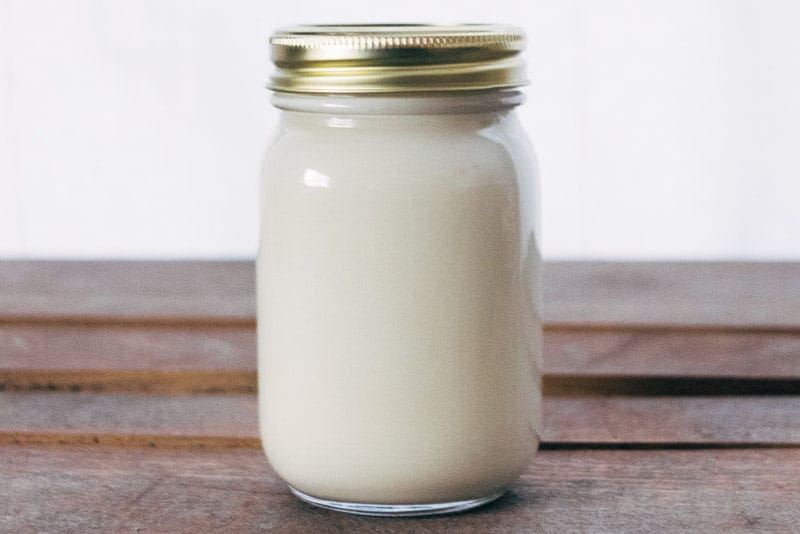
But we’re not satisfied with this hoard of misleading information.
Our aim here is to provide a level-headed approach and a definitive answer to the age-old question:
Is milk healthy?
Let’s first learn a short history of how milk became so pervading in culture and how it’s fast adoption launched a series of big-business campaigns.
The origin and adaptation of milk-drinking civilization
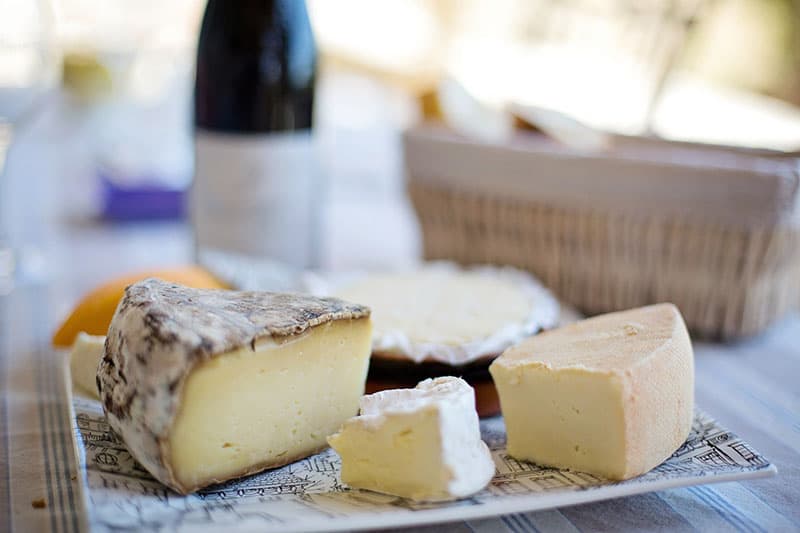
Recently, University College London uncovered that milk consumption began over 7,500 years ago in central Europe.
The first consumption was in the form of fermenting goat and sheep milk for yogurt, cheese, and butter, and wasn’t until later that the practice evolved to drinking the milk fresh.
This was thought to have started as a way to compensate for the lack of sunlight in Europe, but these recent studies show there were other practical means of use.
In fact, it could have had more to do with the caloric energy provided.
But it wasn’t always so easy to simply drink milk for energy. At one point in time, all adult humans were lactose intolerant.
Humans have soundly adapted to digest milk through the development of a genetic mutation allowing us to consume the milk sugar lactose without adverse effects.
And it’s attributed to the exposure to milk through the domestication and farming of animals.
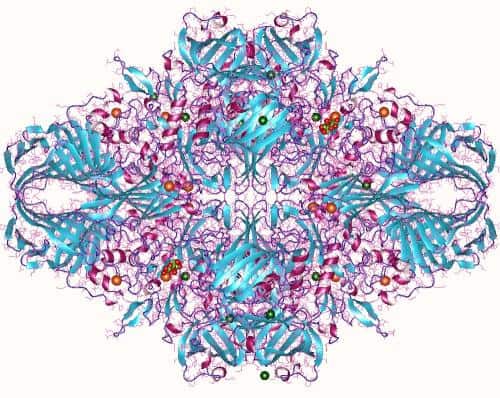
The Lactase Enzyme
This practice paved the way for a true lactase persistence, the ability for humans to produce the enzyme lactase in order for their bodies to process milk.
The evidence of these early origins of milk consumption clearly shows how drinking milk contributed to the sheer survival of early Europeans.
Let’s take a further look at how milk has transformed from a survival tool to a home refrigerator essential.
The current landscape: a history of milk in society
We know now how humans adapted to drinking milk, but how did milk actually transform into a household staple?
Following the spread of fresh milk consumption through Europe, the first hygiene regulations popped up in small towns around the year 1500. This action helped to carve a path for milk’s regulation and distribution throughout the rest of the world.
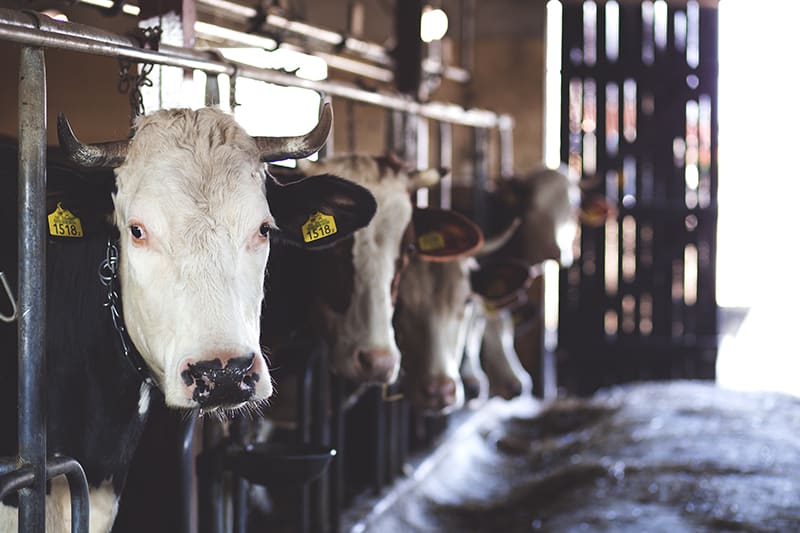
- 1960: Milking machines and refrigeration first appeared on farms
The above list of breakthroughs influenced advanced methods of industrializing and mechanizing the production of milk.
The phenomenon was just as quickly adopted by the public as well, and for three main reasons:
Further, as nutrition science became more sophisticated, milk was touted as a great way to lose weight, receive the proper daily dose of calcium, and get the vitamins necessary for a healthy life.
And alongside these developments in nutrition, society’s marketing machine took full advantage by introducing some massive advertising campaigns that further promoted the habit of milk to the consumer.
Big-time advertising campaigns and propaganda
Further, as nutrition science became more sophisticated, milk was touted as a great way to lose weight, receive the proper daily dose of calcium, and get the vitamins necessary for a healthy life.
Got Milk?
This team of dairy campaigners involved in the illustrious Got Milk? campaign consisted of popular names including New England Patriots superstar Tom Brady, pop music queen Taylor Swift, United States President Bill Clinton, and even Pikachu to adorn the famous milk mustache that made these ads so memorable.
As shown in several of the print advertisements, the agency suggested that their audience should “grow up” by using milk to grow strong bones and get adequate calcium.
Milk Life
In 2014, the dairy industry switched gears and transitioned from the 20-year-long (and ultimately unsuccessful) Got Milk? Campaign in favor of their new effort, Milk Life.
At the time, interim CEO of MilkPEP (marketing department of milk processors around the world) Julia Kadison was positive about the new direction. Here’s what she had to say about the objective:
Propaganda on the other side of the fence
For as much pro-milk advocacy as there is permeating the internet, there’s an equal amount of online material stating the contrary.
Here’s an overview of several significant articles that lean more toward conspiracy theory than they do well-founded science.
Their aim is to use scare tactics to convince the reader that the government and big media is not only lying to us – they have it out for us…and it’s personal.
Note: the PETA article listed above that claims a milk-free diet is the solution to developing autism has since been highly scrutinized and proven wrong, with Forbes citing this claim as a fear factor and promoting PETA’s agenda).
As we’ll soon learn, there’s more to the story than the billboards, print ads, and propaganda make it out to be.
The furthering of science made way for a wealth of studies conducted focusing on the health effects of milk…and the results are what nobody expected.
The advance of nutrition: What does science say about milk?
The advance of nutrition: what does science say about milk?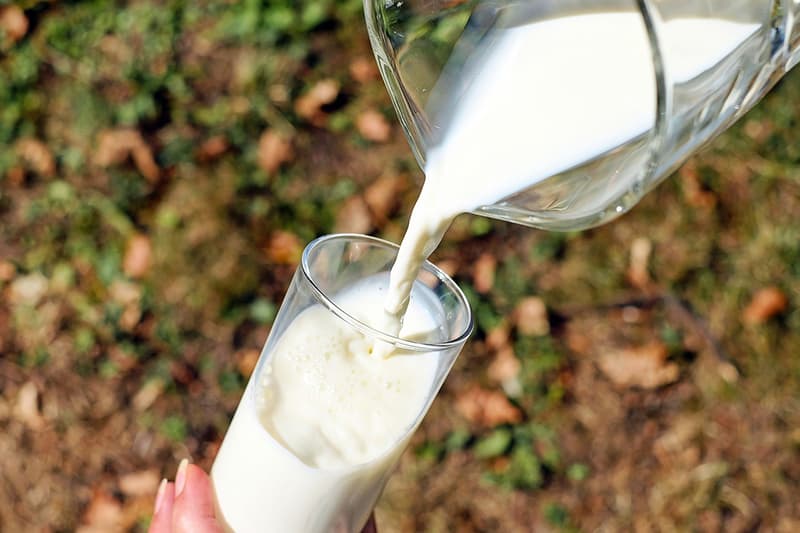
Being that we are a site that’s all about veganism, it is clear that we are against dairy consumption. In fairness, let’s first begin with the arguments of pro-dairy.
The USDA currently recommends three cups of milk each day for adults.
It’s common knowledge that milk offers plenty of beneficial vitamins and minerals essential to the health of human development.
Here are some of the most notable:
- Complete, high-quality protein
- Good source of amino acids for muscle synthesis
- Significant source of Vitamin A, Vitamin D, and sometimes DHA
- Solid source of calcium
In addition, many formal scientific studies have concluded positive outcomes regarding the health benefits of milk.
It’s worth noting that, in science, a single piece of research doesn’t definitively provide proof. Ensure you read the totality of the evidence presented here before making any conclusive decisions.
Here are some of the most important studies outlining the health benefits of milk and dairy:
Not so fast…
“Hold up” says the opposition. Dairy has racked up a fair few snags despite its time in the limelight.
Here are some of the most notable studies outlining the drawbacks of milk and dairy consumption:
One last note: Harvard scientist Walter Willett happens to be the second-most-cited scientist in all of clinical medicine.
And he’s recently spoken out about the USDA’s milk and meat advice, calling it a “step in the wrong direction:”
In addition to these formal studies, milk is infamous for being high in calories, and could possibly contain growth hormones or antibiotics fed to the cows before milking.
Okay, we’ve seen the science…now what do we make of all this?
As you can see above, there are numerous studies both for and against the consumption of milk.
In the next section, using the information from these findings, we’ll set the record straight and discuss how we can take control of our lives by making the right choices for our individual needs.
Setting the record straight: Final verdict and final thoughts
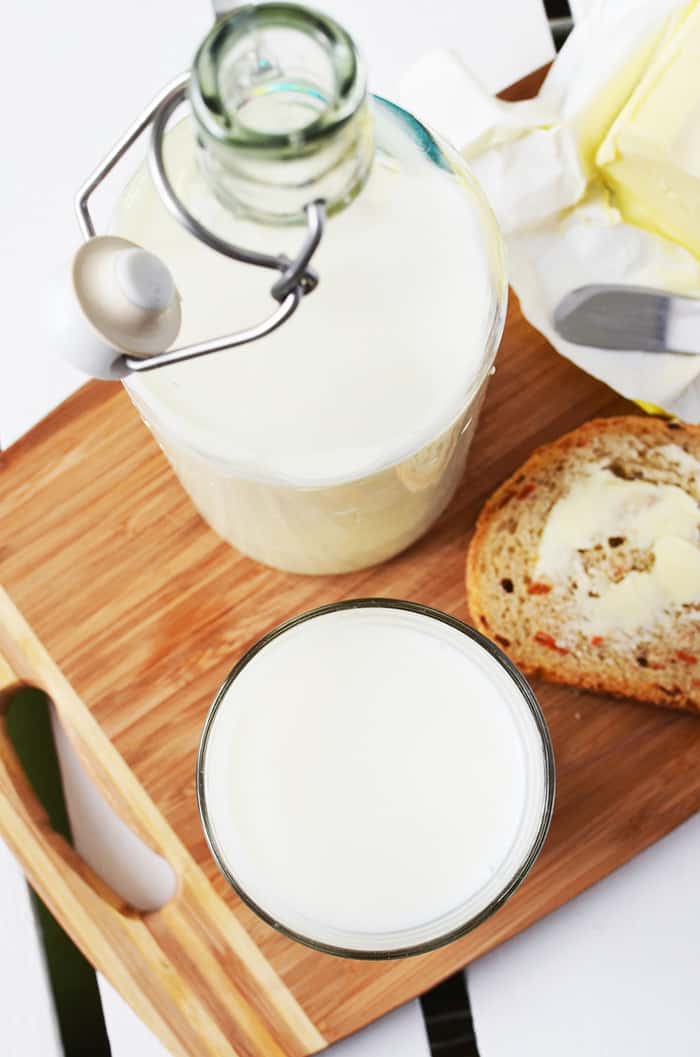
So it’s settled, right? Milk is definitively good. Wait, no, it’s definitely bad.
Remember all the studies showing the prostate cancer and the high mortality rate? But on the other hand, what about all the nutritional benefits?How do we really know?
There is a way, and it comes down to considering both sides of the evidence uncovered in this article.
Milk is a convenient source for the necessary nutrients, but it may not be the best source due to the health concerns also associated with it.
Perhaps this is why people are buying more and more plant-based sources of milk: almond, soy, flax, hemp, coconut, and others.
And remember the mention of former U.S. President Bill Clinton and his involvement in the Got Milk campaign?
He acted as a leading face in the effort, but eventually switched to a vegan diet. You can learn more about Bill Clinton’s switch to the plant-based diet in this Huffington Post article, “Vegan diet may have kept me alive.” He ended up switching to a Paleo diet early in 2016. Happy Healthy Vegan has done a wonderful job outlining his dietary transitions.
Our recommendation is to get your nutrients from a wide variety of sources.
Keep in mind: the greater the variety of plant foods you eat, the more nutrients you’ll receive naturally, and without the risks associated with dairy.
But don’t stop here!Read our Complete Guide to Picking the Perfect Plant-based Milk.
Leave a Comment
One comment
thanks to this very informative article. Full of insights and well stated arguments.